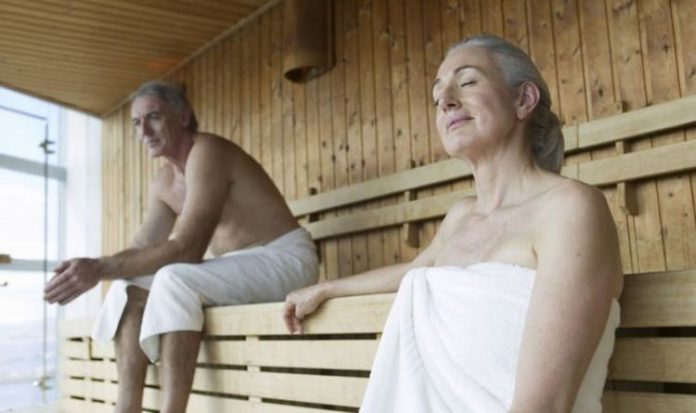The Autonomy think tank has published a plan to solve Britain’s social care crisis and enable elderly citizens to “enjoy a life of dignity”. It is calling for the creation of isolation-busting Long Term Cooperative Day Care Centres (LTCCs) which would have communal kitchens, gardens and reading rooms as well as areas for people to get medical help and general advice. The think tank predicts that by 2030 the number of people with caring responsibilities will soar by 60 percent to 3.4million. It argues that new care centres will be good for both carers and the cared-for.
Director of research Will Stronge said: “Care centres in the UK today are too often depressing and uninspiring places where no one would desire to visit. With an ageing population, the Government are going to have to spend more money on care so they should invest in a plan to make care centres places where the elderly and care workers can enjoy a life of dignity.”
He argues the centres will be a “new space” – neither a hospital nor a care home – which will take the strain of the NHS and help address the challenges of an ageing population.
“It shouldn’t be out of the realms of the imagination that people who need care should have services which go beyond three meals a day and a walk around the park,” he said.
Stressing the advantages of free saunas, he said: “They seem luxurious to us but [in] Germany going to a sauna is a weekly activity so that is something we thought is not just a nice touch but something which I think would be basically attractive and good for people’s health.”
The authors of the report argue that online health advice cannot replace face to face contact, and they hope the care centres will be a place where people gain the medical help they need.
The report states: “The opportunity to access expert medical help in a familiar and informal environment is key to the success of care centres focussed on old age… LTCCs should aim to become the first point of contact for the care-related needs of older residents, with the opportunity to have small check-ups or simply a chat.
“Though digital services and apps have a place in the future of care, these cannot substitute a consistent, in-person service.”
Mr Stronge said that being a private carer is “quite a lonely profession”. He hopes that the centres will provide social support and opportunities to gain new skills.
The centres would be places where carers can receive training, with activities and facilities to address the isolation that can come with physically demanding responsibilities. There would also be “napping booths” and lockers for care workers.
The Government is under pressure to produce long-term proposals for the reform of social care. It states that its “current priority for adult social care is for everyone who relies on care to get the care they need throughout the Covid-19 pandemic” but that it is “committed to bringing forward a plan for social care to ensure that everyone is treated with dignity and respect and tackle one of the biggest challenges we face as a society.”







